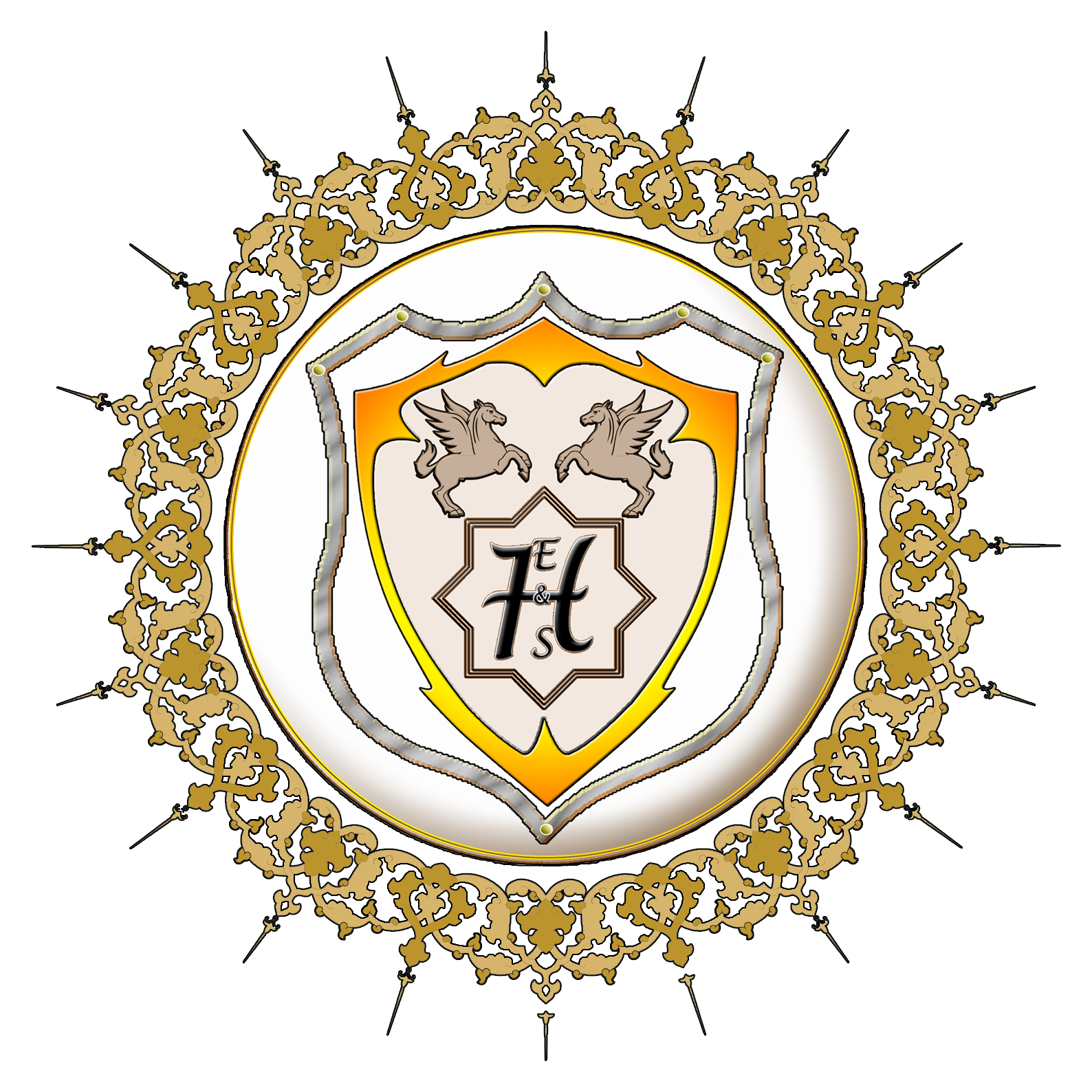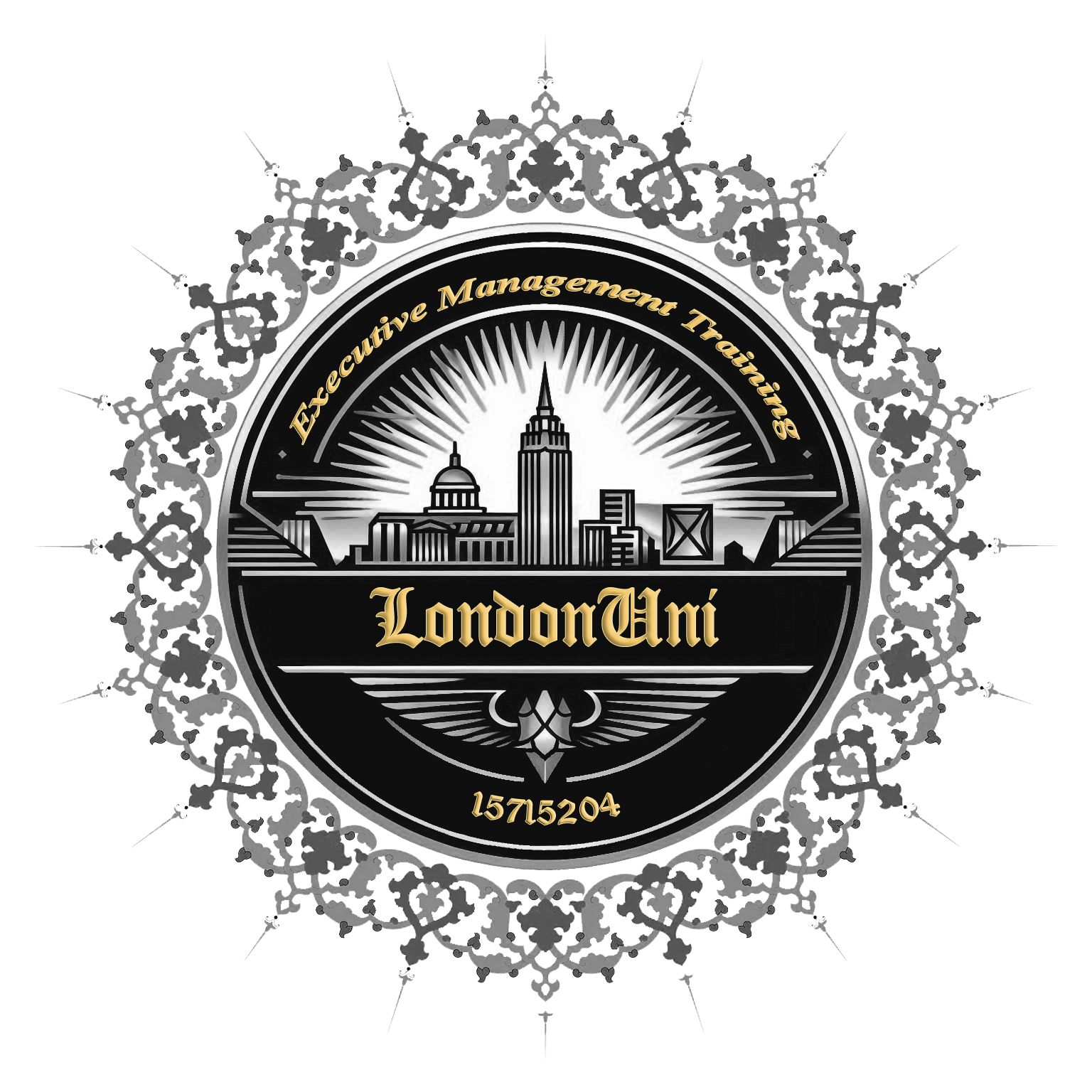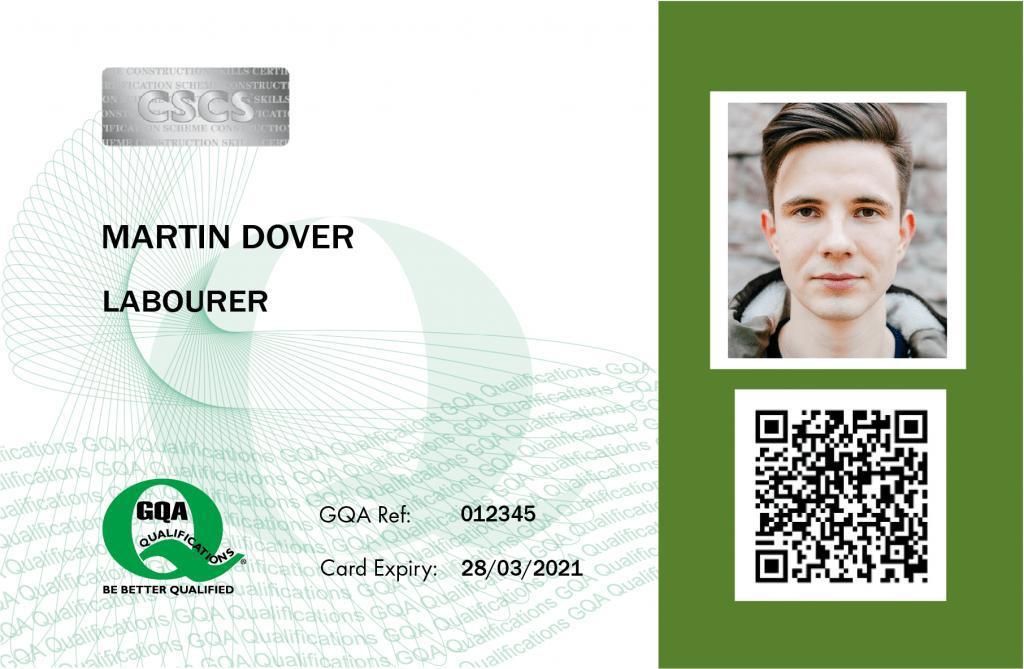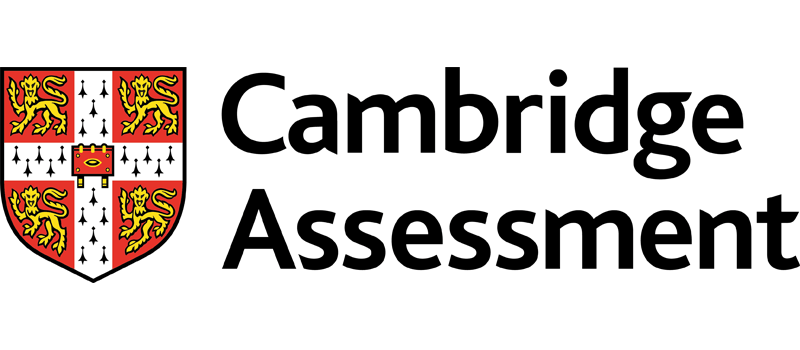
Strategic Human Resources Management
Course ID: 2512227101439EGI
Course Dates : 22/12/25 Course Duration : 5 Studying Day/s Course Location: Dubai, UAE
Language: Bilingual
Course Category: Professional and CPD Training Programs
Course Subcategories: Leadership and Management Excellence
Course Certified By: * Projacs Academy
* Professional Training and CPD Programs
Certification Will Be Issued From :
KSA
Course Fees: £2,958.13
Vat Not Included in the price. VAT may vary depending on the country where the course or workshop is held.
Click to Pay
Contact us for more information Sales@e-s-hub.com
Course Information
Introduction
Strategic Human Resources Management (SHRM) represents the intersection of organizational strategy and human capital management. As organizations navigate increasingly complex and competitive environments, the role of HR has evolved from administrative support to a strategic partner in achieving business goals. This course is designed to equip professionals with the tools, frameworks, and insights necessary to align HR practices with overarching organizational objectives. By bridging the gap between theory and practice, participants will learn how to leverage human resources as a source of sustainable competitive advantage.
The modern workplace is characterized by rapid technological advancements, shifting workforce demographics, and evolving employee expectations. These changes present both opportunities and challenges for HR practitioners. For instance, organizations like Google have demonstrated the power of data-driven HR strategies in fostering innovation and employee engagement. Conversely, companies that fail to adapt their HR practices risk losing top talent and falling behind competitors. This course addresses these gaps by providing participants with actionable strategies to anticipate and respond to such challenges effectively.
A critical challenge in HR today is the misalignment between HR initiatives and business priorities. Many organizations struggle to translate their strategic goals into tangible HR policies and programs. This disconnect often results in inefficiencies, low employee morale, and missed growth opportunities. Drawing on established theories such as the Resource-Based View (RBV) and Ulrich’s HR Business Partner Model, this course emphasizes the importance of integrating HR functions with broader organizational strategies. Participants will explore real-world case studies, such as how Netflix redefined its HR policies to support a culture of high performance and innovation.
The benefits of mastering SHRM extend beyond individual career advancement. Organizations that adopt strategic HR practices are better positioned to attract, retain, and develop top talent. They also experience improved productivity, enhanced employee satisfaction, and stronger financial performance. For individuals, this course offers a pathway to becoming a trusted advisor within their organization, capable of influencing decision-making at the highest levels. Moreover, the skills acquired through this program align with industry trends, such as the growing emphasis on diversity, equity, and inclusion (DEI) and the use of analytics in HR decision-making.
Consider the example of Unilever, which implemented a comprehensive SHRM strategy to address global sustainability goals. By aligning its HR policies with its commitment to environmental stewardship, Unilever not only strengthened its employer brand but also drove significant business value. Such success stories underscore the transformative potential of SHRM when executed effectively. This course will empower participants to replicate similar outcomes within their own organizations, regardless of size or industry.
Ultimately, Strategic Human Resources Management is about creating value—both for employees and the organization as a whole. By fostering a culture of collaboration, accountability, and continuous improvement, HR professionals can play a pivotal role in shaping the future of work. This course provides the knowledge and tools necessary to achieve these outcomes, ensuring that participants emerge as confident and competent leaders in the field.
Objectives
By attending this course, participants will be able to:
Analyze the relationship between HR strategies and organizational goals using frameworks such as the Balanced Scorecard.
Evaluate the effectiveness of current HR practices in driving employee engagement and retention.
Design tailored HR policies that promote diversity, equity, and inclusion within the workplace.
Implement data-driven decision-making processes to enhance HR operations and outcomes.
Apply change management principles to lead successful organizational transformations.
Assess compliance requirements related to labor laws and ethical HR practices.
Develop a strategic HR roadmap aligned with long-term business objectives.
Who Should Attend?
This course is ideal for:
HR managers and directors seeking to elevate their strategic contributions to their organizations.
Team leaders and supervisors responsible for managing people and driving performance.
Consultants and advisors specializing in organizational development and HR transformation.
Early-career HR professionals looking to build a strong foundation in strategic HR practices.
These groups will find the course valuable as it bridges the gap between traditional HR functions and strategic leadership. The content is particularly suited for intermediate learners who already possess foundational HR knowledge but wish to deepen their expertise in strategic applications.
Training Method
• Pre-assessment
• Live group instruction
• Use of real-world examples, case studies and exercises
• Interactive participation and discussion
• Power point presentation, LCD and flip chart
• Group activities and tests
• Each participant receives a 7” Tablet containing a copy of the presentation, slides and handouts
• Post-assessment
Program Support
This program is supported by:
* Interactive discussions
* Role-play
* Case studies and highlight the techniques available to the participants.
Daily Agenda
The course agenda will be as follows:
• Technical Session 08.30-10.00 am
• Coffee Break 10.00-10.15 am
• Technical Session 10.15-12.15 noon
• Coffee Break 12.15-12.45 pm
• Technical Session 12.45-02.30 pm
• Course Ends 02.30 pm
Course Outlines
Foundations of Strategic HRM
Introduction to Strategic Human Resources Management.
Overview of key frameworks: RBV, Ulrich’s Model, and the Balanced Scorecard.
Aligning HR strategies with organizational goals.
Case study analysis: Lessons from industry leaders.
Day 2:
Talent Management and Development
Building a talent pipeline through recruitment and succession planning.
Designing effective training and development programs.
Leveraging technology for talent management.
Group activity: Creating a talent development strategy.
Day 3:
Employee Engagement and Retention
Understanding drivers of employee engagement.
Strategies for improving retention rates.
Role of leadership in fostering a positive workplace culture.
Workshop: Developing an engagement action plan.
Day 4:
Compliance and Ethical Considerations
Navigating labor laws and regulations.
Promoting diversity, equity, and inclusion in the workplace.
Ethical dilemmas in HR decision-making.
Panel discussion: Real-world compliance challenges.
Day 5:
Data-Driven HR and Future Trends
Introduction to HR analytics and metrics.
Using data to inform strategic decisions.
Emerging trends in HR: AI, remote work, and gig economy dynamics.
Final project presentation: Strategic HR roadmap.



















































